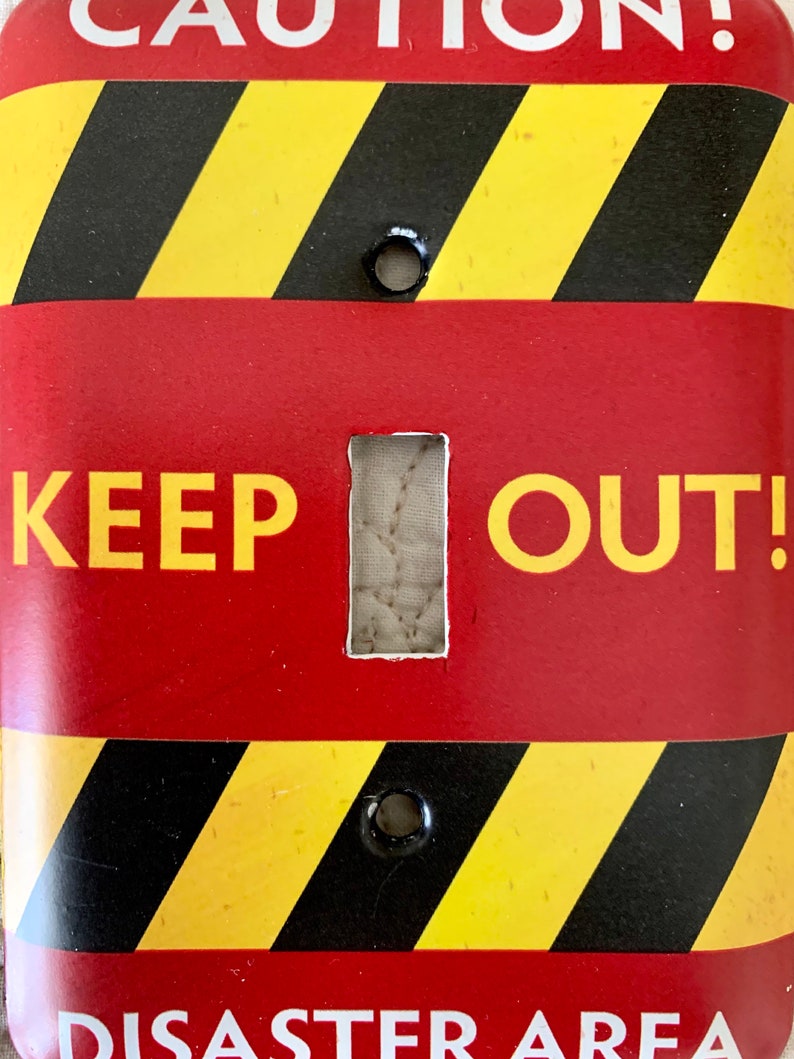

Unlike incandescents and LEDs, CFLs require a small surge of energy when they illuminate completely. As manufacturers developed a more durable, affordable and energy-efficient bulb, the LED took the mantle for the best form of illumination.īusinesses and consumers alike still use CFL bulbs, but rapid switching of the bulb affects its lifespan. Compact Fluorescent Lamps (CFL)Ĭompact fluorescent lamps were touted as the first energy-efficient alternative to the incandescent bulb but weren’t popular when introduced due to their high cost and fragility. Learn more about lighting your home with LEDs in our LED home illumination blog. Like incandescent bulbs, they are generally unaffected by the number of times you turn them on or off. Light Emitting Diodes, or LEDs for short, are the most efficient bulbs you can use for home illumination. Thinking about switching bulbs? Check out our lighting energy savings calculatorto see how much you can save when you go from incandescents to CFLs or LEDs. If you're still using incandescent bulbs in your home, you should turn them off whenever you aren't in the room. As consumers move towards LEDs and CFL bulbs for higher sustainability and energy efficiency, a large percentage of lightbulb sales still go to incandescents and halogen bulbs. Ninety percent of the energy an incandescent bulb uses produces heat, while the last 10 percent produces light. However, you've probably heard how inefficient incandescents are. Turning incandescents on and off generally doesn't affect their lifespan. While turning the lights on and off doesn't affect the amount of power you use, rapidly hitting the light switch can affect any type of bulb's lifespan. How Turning the Lights On and Off Can Affect the Bulb Turning your lights off may not be the only way to save electricity on your home illumination, but it's an excellent place to start. Turning off the lights when you aren't in a room is one of the easiest ways to save energy. Keep reading to learn more and answer the pressing questions of how much energy turning off the lights saves and what are the benefits of turning off lights? Benefits of Turning Off Lightsĭespite myths you may have heard, turning your lights on and off doesn't use more electricity than leaving your lights on.

But, does turning off your lights save energy and reduce costs on the electricity bill? For many, turning off the lights when you aren't in the room was an essential task. You may have heard this phrase from your parents, grandparents or other adults while growing up. "Remember to turn your lights off when you leave the room!"


 0 kommentar(er)
0 kommentar(er)
